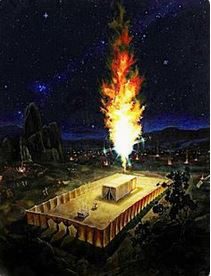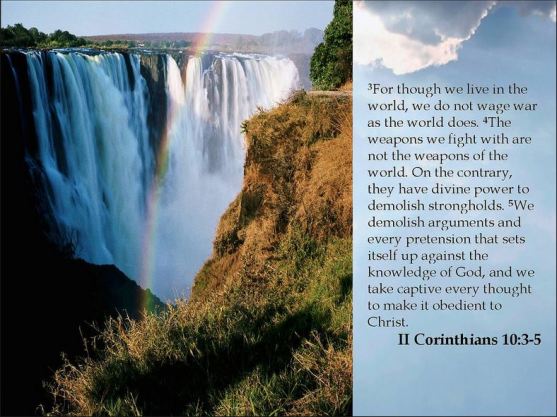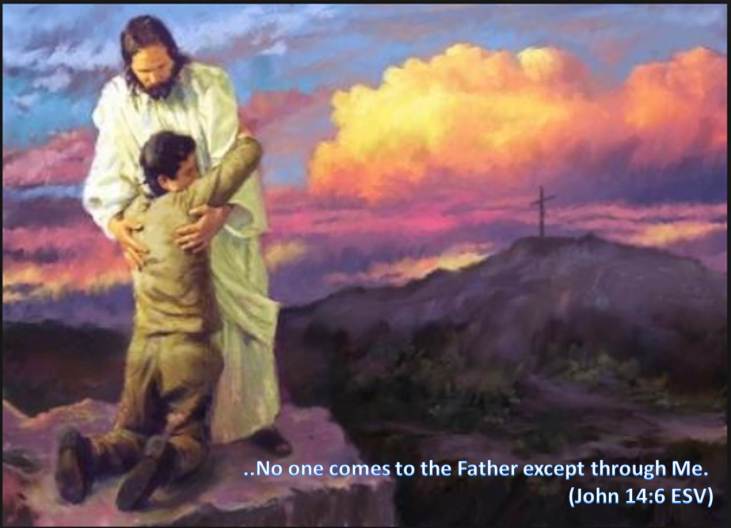 This is the ninth article of our Living Tabernacles series, where we study the Tabernacle in depth. It is exciting to see how each element symbolizes some characteristic of Yeshua. It is also challenging when we examine what each element means for us, since each of us is now a living tabernacle of YHVH [Yehovah]. We are posting two articles each month as part of this series. YHVH is building His kingdom on earth as it is in heaven. A king reigns from his throne and also pronounces judgment from there.
This is the ninth article of our Living Tabernacles series, where we study the Tabernacle in depth. It is exciting to see how each element symbolizes some characteristic of Yeshua. It is also challenging when we examine what each element means for us, since each of us is now a living tabernacle of YHVH [Yehovah]. We are posting two articles each month as part of this series. YHVH is building His kingdom on earth as it is in heaven. A king reigns from his throne and also pronounces judgment from there.
As we continue our study of the Tabernacle, we come across a relatively small altar that holds a powerful significance in our relationship with YHVH. The altar of incense was square with each side measuring 1.5 feet and was three feet high. It was made of acacia wood and overlaid with pure gold. Four horns protruded from the four corners of the altar. The altar of incense, also called the Golden Altar, (mizbach hazahav in Numbers 4:11), stood just outside the Holy of Holies. A special mixture of incense, reserved exclusively for YHVH, was burned on this altar every morning and every evening, thus sending up a continual waft of pleasant odor to YHVH.
The incense altar was the place where YHVH met with Moshe. Place the incense altar just outside the inner curtain that shields the Ark of the Covenant, in front of the Ark’s cover—the place of atonement—that covers the tablets inscribed with the terms of the covenant. I will meet with you there. (Ex. 30:6 NLT).
On Yom Kippur the incense was burned atop the Ark of the Covenant. The high priest would fold back the curtain concealing the Most Holy Place, put the censer with the burning coals on the top of the Ark of the Covenant, then throw the two handfuls of incense into the censer. This was the only day and time that any one (and then only the high priest) was allowed to enter the Holy of Holies, thus foreshadowing the work of our High Priest that would permanently rend the separating curtain.
What does the incense altar represent in the spiritual realm? It symbolizes our prayers to YHVH (Is 56:7, Ps. 141:2). The fragrant incense also represents the prayers of Yeshua, who makes continuous intercession on our behalf (John 17:1-26, Rom 8:34) as our High Priest. The continuous rise of the burning incense reminds us to pray without ceasing (1 Thess 5:17).
The daily burning of incense corresponded with the lighting of the menorah. Scripture indicates that the incense was to be burned at the same time the menorah was to be cleaned and relit (Ex 30:7-8). According to the Talmud five of the lamps on the menorah would be cleaned, then the incense would be burned before the other two lamps were cleaned. The menorah and the Golden Altar seem to be interconnected. If we understand that the menorah represents the light of Yeshua, then Yeshua’s light in us results in worship, praise and petitions to our Father.
In order to burn the incense, fire was taken from the brazen altar (which will be discussed in the next article) and transferred to the altar of incense (Lev 16:12-13), thus symbolizing that the fire of Yeshua’s sacrifice becomes the fire of blessing. The horns of the golden altar were sprinkled with blood from the animal sacrifice to cleanse and purify it from the sins of the Israelites (Lev 4:7, 16:18). “Just as the horns on the brazen altar represent the power of Christ’s blood to forgive sins, the horns on golden altar signify the power of His blood in prayer as we confess our sins and ask for His forgiveness.” (The Altar of Incense, the-tabernacle-place.com). We come to Father in prayer only through Yeshua, cleansed from our sin by His blood and wearing His righteousness, for we have nothing of value to offer on our own.
Before Yeshua’s death on the cross, a heavy curtain separated the Holy of Holies from the rest of the Tabernacle, illustrating the separation from YHVH that sin had caused. That veil has now been torn, so that there is no longer any separation, just as there is no separation in the heavenly Tabernacle.
The heavy curtain illustrates YHVH’s eagerness to be near His people. He would come to them despite the barrier of sin using a curtain until reconciliation would be accomplished through Yeshua’s precious sacrifice. The horns on the corners of the incense altar represent power, the power of prayer and intercession in this case. Now that the curtain has been torn, YHVH not only meets with our representative (Moshe, Yeshua), but with each of us individually.
When we are offended by others, we tend to withdraw from them. Our Father, on the other hand, seeks all the more to be reconciled and united with us. We are to forgive those who offend us, love them and always seek union with them if we desire to do as our heavenly Father does. Are there curtains of separation that need to be torn down in our lives?
We, as living tabernacles, have the privilege of offering the continuous incense of our prayers and intercessions, even prayers for our enemies (Matt 5:44). Just as the incense was a special mixture reserved solely for YHVH, our worship and prayers too must be reserved for our Father. We are not to worship or pray to any foreign gods. To whom are you offering your incense?

